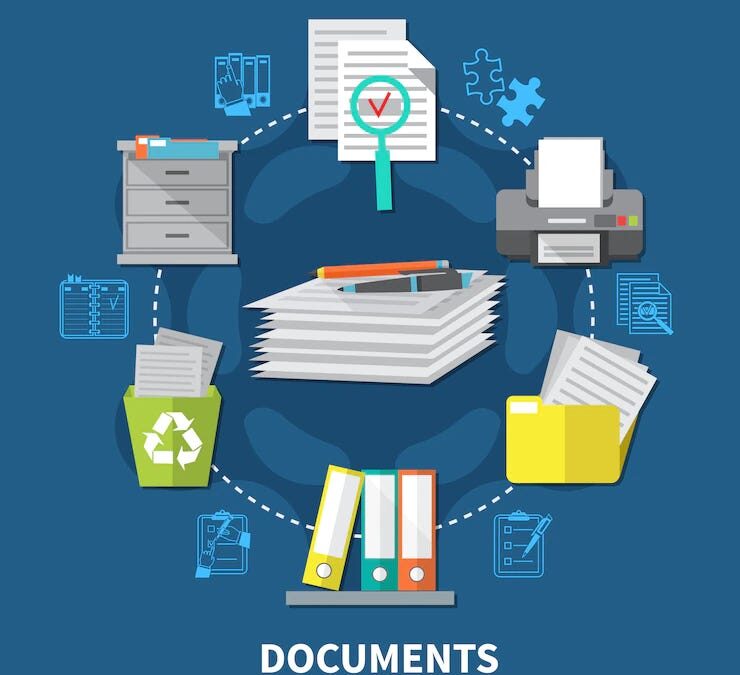By Dana Riel and David Michael
This is the eighth in a series of articles about the Business of Law.
 Effective staff supervision and management in law firms is more than just assigning tasks and reviewing outcomes—it’s about fostering a professional culture rooted in trust, accountability, and growth. Over the past few years, law firms have been facing increased pressure to adapt to hybrid work models, evolving client expectations, and a competitive talent market. Firms that take a proactive approach to staff supervision and management are more efficient and have a better chance of thriving in a changing and challenging legal landscape.
Effective staff supervision and management in law firms is more than just assigning tasks and reviewing outcomes—it’s about fostering a professional culture rooted in trust, accountability, and growth. Over the past few years, law firms have been facing increased pressure to adapt to hybrid work models, evolving client expectations, and a competitive talent market. Firms that take a proactive approach to staff supervision and management are more efficient and have a better chance of thriving in a changing and challenging legal landscape.
All right, you say, but how can this be done?
- Clarify Roles and Expectations from Day One
We are privileged to work with several successful law firms among our clients. Among the factors contributing to their success is a schedule for on-boarding new employees, whether attorneys, staff or seasonal law clerks.
- On Day One from 9:00-10:00 a.m., they are welcomed by a partner and a supervisor or manager. They are issued a manual containing information on HR, payroll and passwords for their accounts.
- From 10:00 a.m. – noon, they receive training on the firm’s practice management program, billing and using their email system.
- At noon, they have a brief lunch with at least one member of the firm who addresses any questions they may have.
- By 1:00 p.m. on Day One, they are at their desk and working. They understand their role. They know who is on their team. It is a formula for firm success.
- Foster Regular and Constructive Communication
Open communication is at the heart of successful supervision. Instead of only addressing issues reactively, firms should:
- Hold regular check-ins (weekly or biweekly).
- Encourage mentoring programs for new staff and associates.
- Encourage two-way feedback during meetings and performance reviews.
- Use collaboration tools (e.g., Slack, Microsoft Teams, Practice Management Software) to maintain visibility and to monitor workloads and deadlines.
Leaders should also be trained to provide timely, specific, and actionable feedback that supports both accountability and professional development. An excellent book that deals with this topic is “First Among Equals” by Patrick McKenna. Its content goes to the heart of effective practice management.
- Promote a Culture of Continuous Learning
We can’t say this enough: Knowledge is Power. Law is an ever-evolving field. Law firms should support continuing education, not only through CLE courses, but also by:
- Hosting in-house training sessions on legal trends, ethics, and technology.
- Creating a knowledge-sharing environment through lunch-and-learns or peer-led seminars.
Our team at Crosspointe has experience in conducting in-person or remote training sessions, as well as Lunch ‘n Learns, covering a wide variety of topics. Encouraging staff at all levels to grow and learn can boost morale and strengthen the firm’s reputation.
- Implement Technology Thoughtfully
Clinging to outdated, unsupported hardware and software is not a factor for success – quite the opposite! The right tech stack can streamline workflows and improve oversight. Examples include:
- Time tracking and billing software.
- Practice or Case management software.
- Document management software
It’s critical to involve staff in tech adoption decisions to ensure usability and buy-in. AND give people the proper training, so they are confident and efficient in using that tech investment.
Effective supervision in law firms is not about micromanagement—it’s about empowerment. Healthy, motivated teams are more productive—and less likely to leave. Whether you’re managing a team of paralegals or mentoring junior associates, the right strategies make all the difference. If you’d like to discuss your needs, contact us to help coordinate staff on-boarding, be a speaker for lunch and learn sessions, or otherwise improve your staff development and retention plan. We can be reached at [email protected] or call 877-375-2810.
See also:
Business of Law: Conflict of Interest Management
Business of Law: Confidentiality and Data Security
Business of Law: Competence Clarified
Trust Account Management – Where Fiduciary Duty Meets Financial Sense

At Crosspointe Consulting Group, we recognize that legal professionals often rely on established software platforms to manage their financial and operational needs. With our in-depth knowledge of law office management software and modern accounting applications, we are dedicated to helping you unlock the full potential of these systems. Our mission is to provide expert guidance and support, empowering your firm to operate more efficiently .



